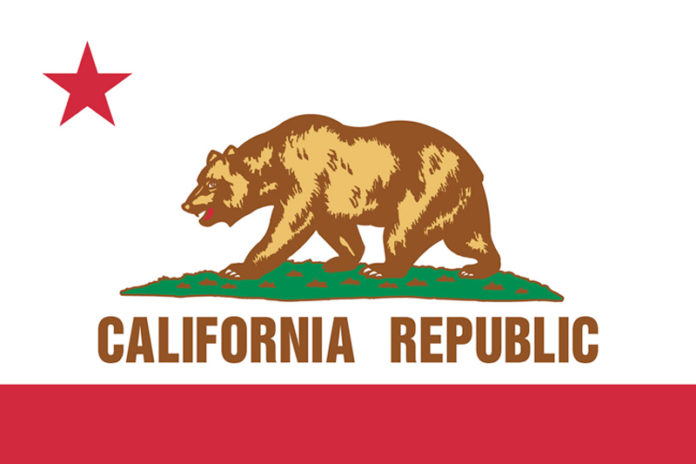Several tobacco manufactures and trade associations have filed a lawsuit to challenge California’s flavor ban. California Senate Bill 793 was signed into law by Gov. Gavin Newsom on Aug. 28, 2020 [read more here]. While the bill does not make it a crime for consumers to possess flavored tobacco products, it does make it illegal for retailers to sell these products in the state of California. The flavor ban impacts flavored vapor, e-cigarette, shisha, loose leaf tobacco in addition to menthol cigarettes. Premium cigars gained a last minute exemption from the flavor ban.
The lawsuit challenging the flavor ban was filed by R.J. Reynolds Tobacco Co., American Snuff Co., LLC, R. J. Reynolds Vapor Co., San Fe Natural Tobacco CO., Inc., Philip Morris USA, Inc., John Middleton Co., U.S. Smokeless Tobacco Co., LLC, Helix Innovations, LLC, and Morija, LLC. The lawsuit seeks to repeal the flavor ban and impose declamatory and injunctive relief against the passed law that goes into effect on Jan. 1, 2021. The lawsuit is structured around three arguments and claims. The first is that the Family Smoking Prevention and Tobacco Control Act, which gave the U.S. Food and Drug Administration the power to regulate tobacco products, expressly denies state and local governments the ability to adopt a tobacco product standard that differs from (or is in addition to) federal tobacco product standards. Senate Bill 793, the lawsuit argues, conflicts with this standard since there is no federal flavor ban in place for tobacco products.
The lawsuit also argues that Senate Bill 793 creates an obstacle for the already existing federal laws outlined by the Family Smoking Prevention and Tobacco Control Act. That legislative act gave the FDA the power to set a national standard for how tobacco products were manufactured, their ingredients and who can purchase them. California’s bill conflicts with the Family Smoking Prevention and Tobacco Control Act in this way and, as the lawsuit argues, is pre-empted by it. California’s bill also creates a burden for and discriminates against interstate commerce by imposing restrictions on what products are legal and what products are illegal and prohibited from being sold in California.








